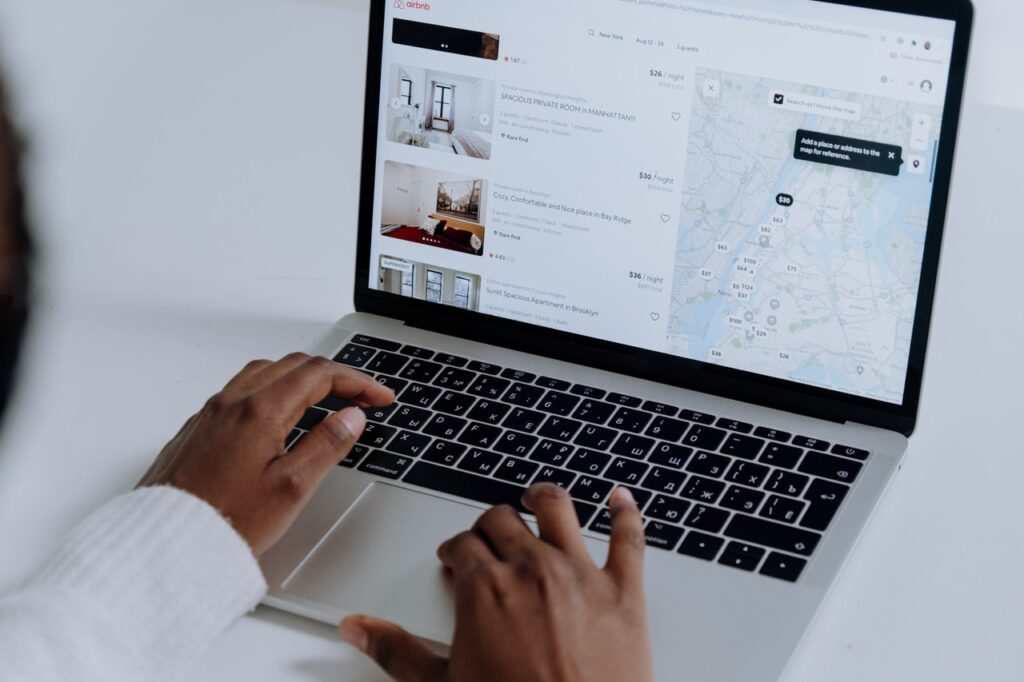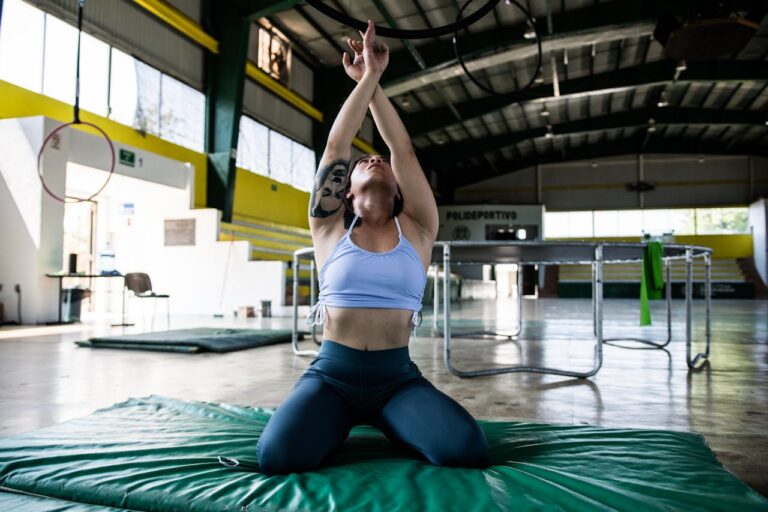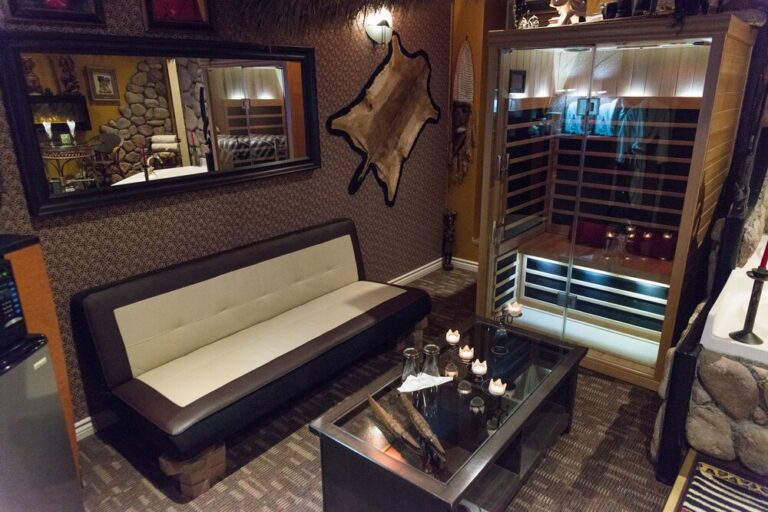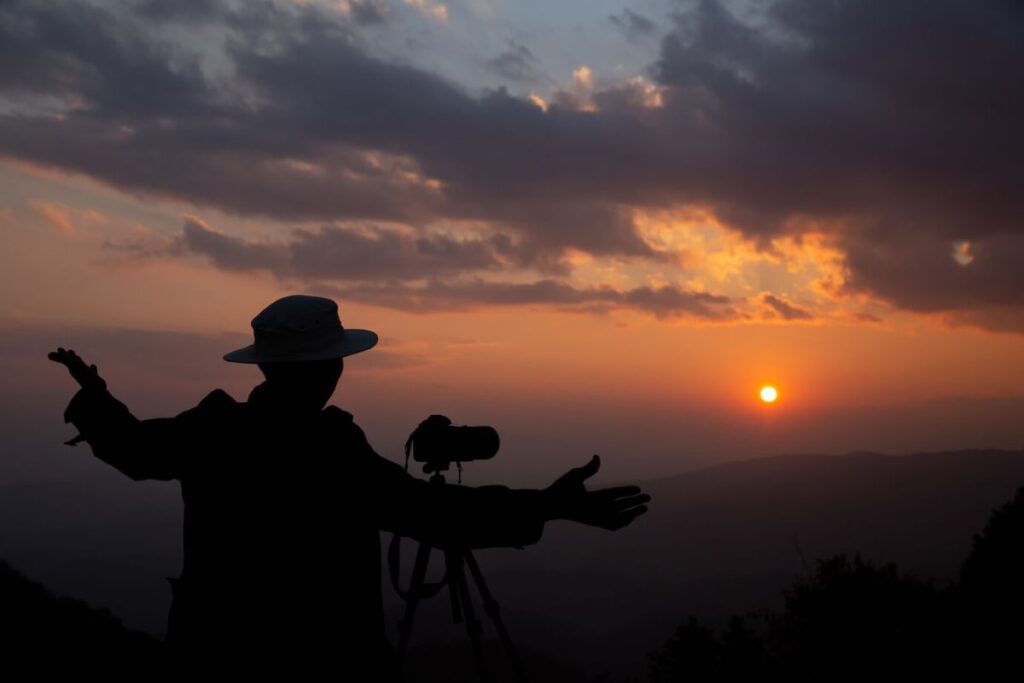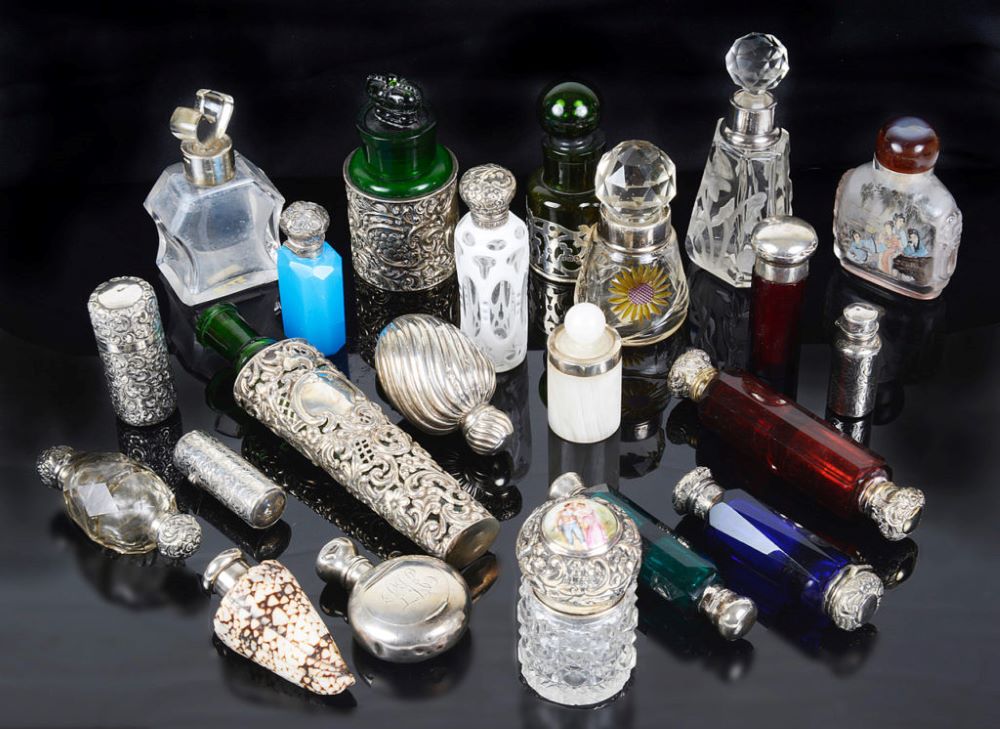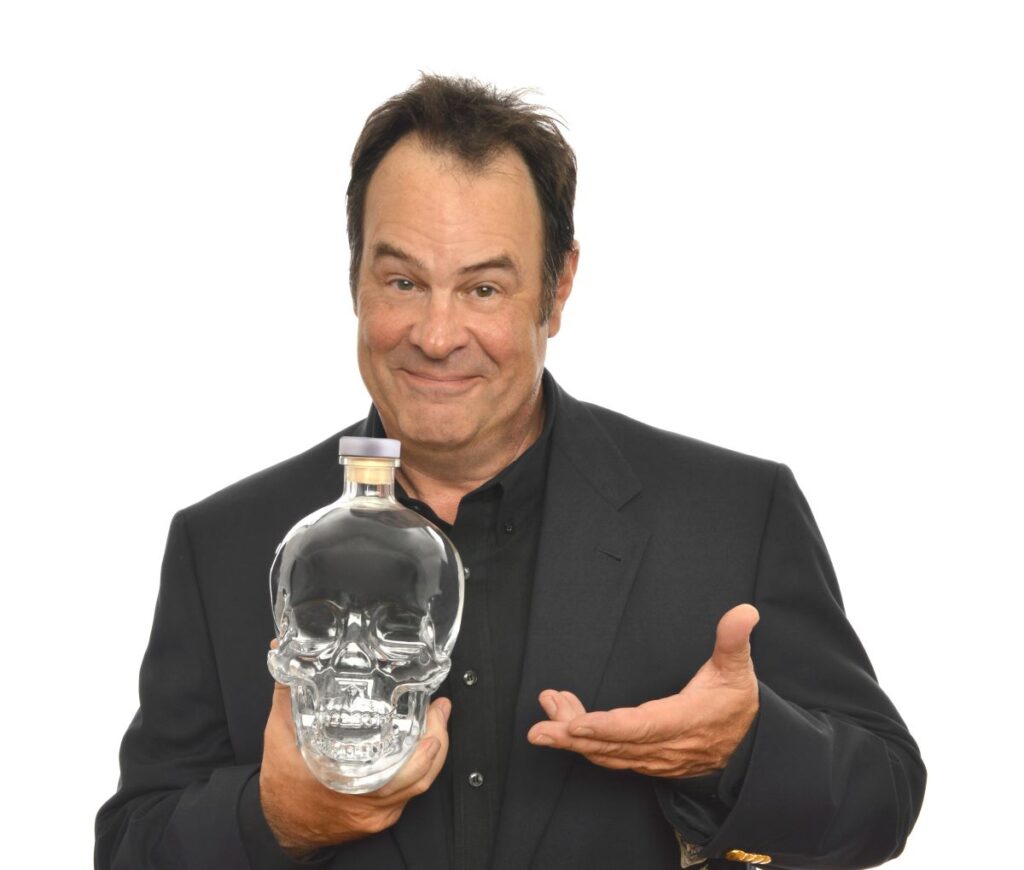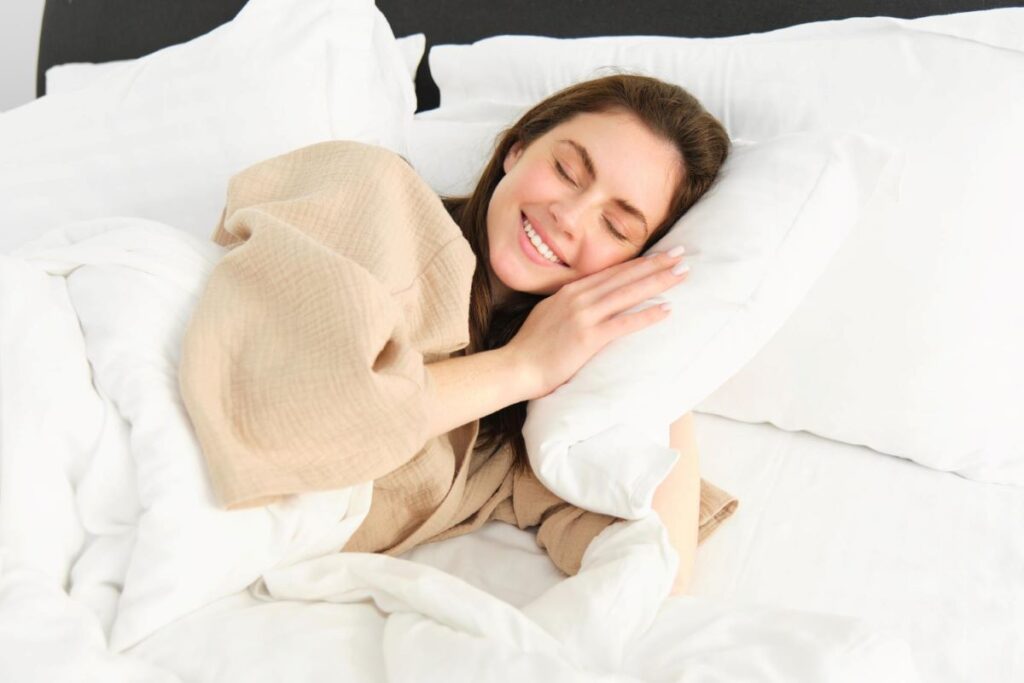With pandemic concerns softening, many will return to travelling around the globe with a renewed fervor — the search for accommodations will now be the number one priority for most. Founded in 2008 as a unique online marketplace for lodging rentals, Airbnb now offers Stays, Experiences (in-person or online events and gatherings), and Adventures (pre-planned travel experiences). With these unique C2C services, it is important to keep aware of any potential safety issues for both hosts and guests.
Hosts
Hosts are expected to communicate and accept payments through Airbnb’s chat service and add their preferred payment method to the platform. They can set house rules — for instance, prohibiting certain actions or practices, like smoking on the premises and bringing in pets. They can also create a guest manual to go along with the listing, so guests know how to perform certain tasks, such as turning on the water heater.
Other than homeowner’s insurance, Airbnb also suggests taking on extra cover for accidents that might happen while renting. There is also a requirement to ensure properties can be hosted. For example, properties under mortgage may need to confirm with the lenders if they can be rented. Then, there is the requirement to verify the identity of guests through government-issued identification.
Moreover, there are a whole set of rules concerning emergencies in which case numbers for local emergency response services, the nearest hospital, the host, and a backup emergency contact need to be provided to guests. The property must be equipped with a first aid kit, plus a carbon monoxide detector and fire extinguisher for fire safety.
For hosts of Experiences, it is expected that they must take the necessary safety precautions (such as creating emergency plans for any unknown occurrences) and list the physical intensity and skill requirements for any event or class they host.
Guests
For guests, they are advised to communicate and conduct transactions only through Airbnb. They have the option of asking hosts to verify their identity to be sure they are in contact with the real person. Moreover, they are advised to look at the safety features under Home Safety to see if smoke and carbon monoxide detectors have been placed on the premises. In case carbon monoxide detectors are missing (since they aren’t available everywhere in the world), guests are encouraged to bring their own.
Furthermore, once they arrive at the property, guests are advised to check for safety features and make sure they know where to access first aid kits, list of emergency numbers, and other safety information — they must, in fact, ask the hosts to run them through all of these.
Ratings and reviews can assist guests deciding to rent a property. BudgetTravel recommends — given that most reviews on average are greater than 4.5 stars — not to take them at face value and suggests looking at the responses that hosts give to any bad reviews to gauge their courtesy and behaviour. For families with children, Airbnb recommends special safety requirements such as safety gates at stairwells and secured access to chemicals, cleaning products, and medicines, among others.
Arslan Ahmed | Staff Writer
